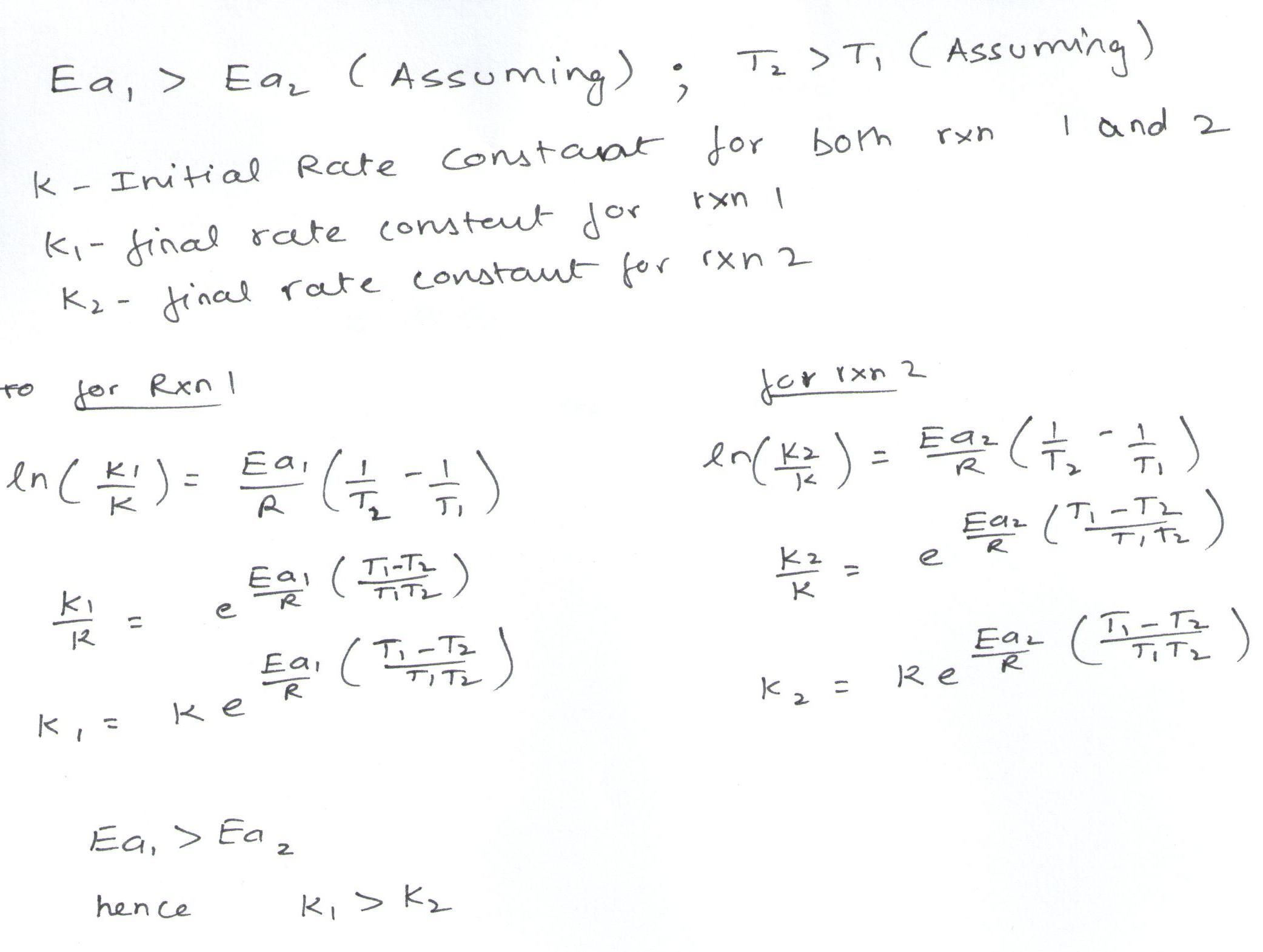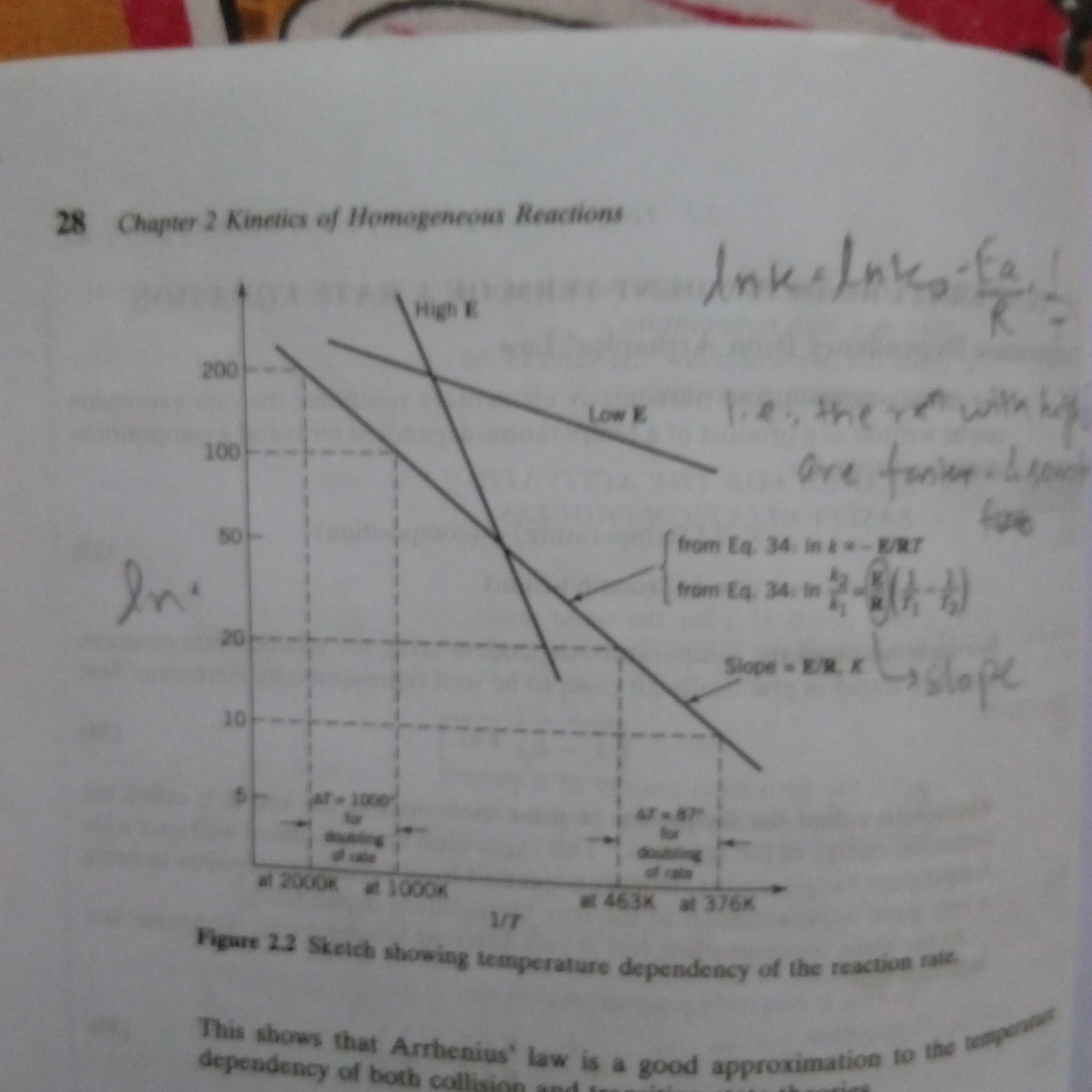Which reactions are more temperature sensitive: the ones with higher $E_\mathrm{a}$ or the ones with lower $E_\mathrm{a}$? And why?
I wasn't able to find much useful content on googling it, however on doing the math I came to a conclusion that the ones with higher $E_\mathrm{a}$ are more sensitive to increase in temperature. But why is it so? I mean math proves it, but why exactly does it happen?
Here are my calculations:


